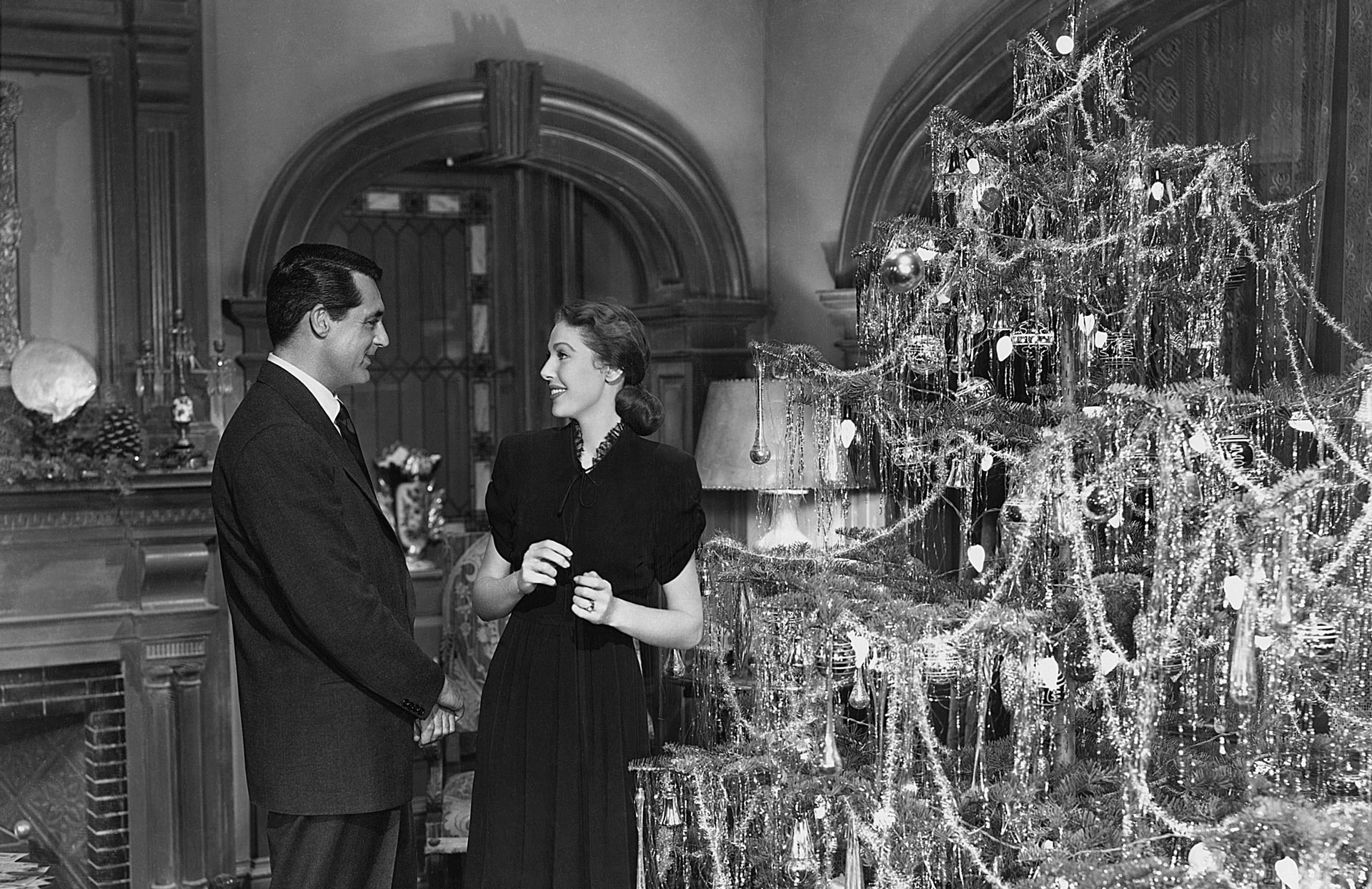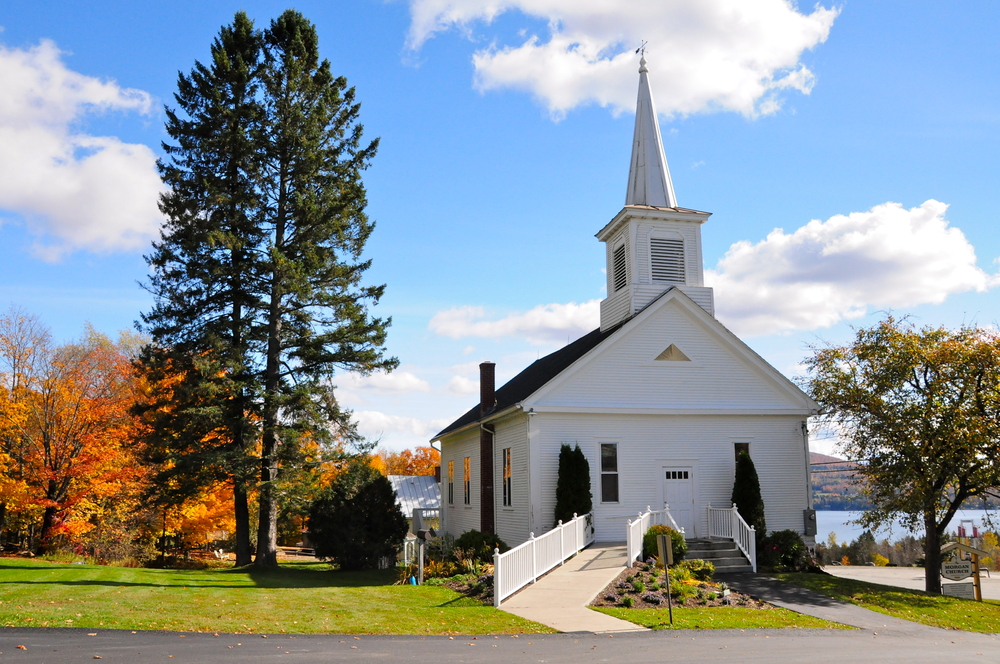December 08, 2021
Christmas 1991: The birth of freedom in the death of the evil empire
“You can have a very quiet Christmas evening,” wished Soviet President Mikhail Gorbachev to American President George H. W. Bush. “I am saying good-bye and shaking your hand.”
It was a long-distance handshake, done via telephone. Continue Reading...







